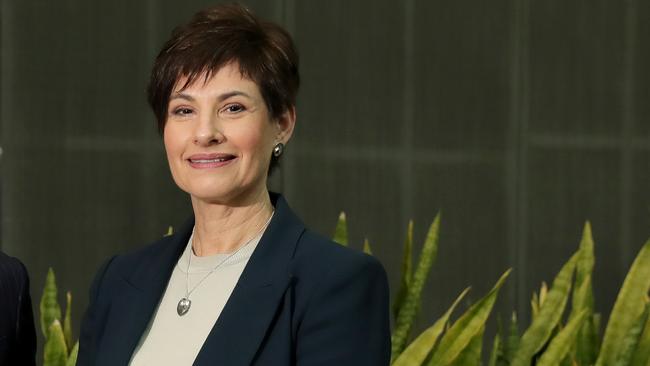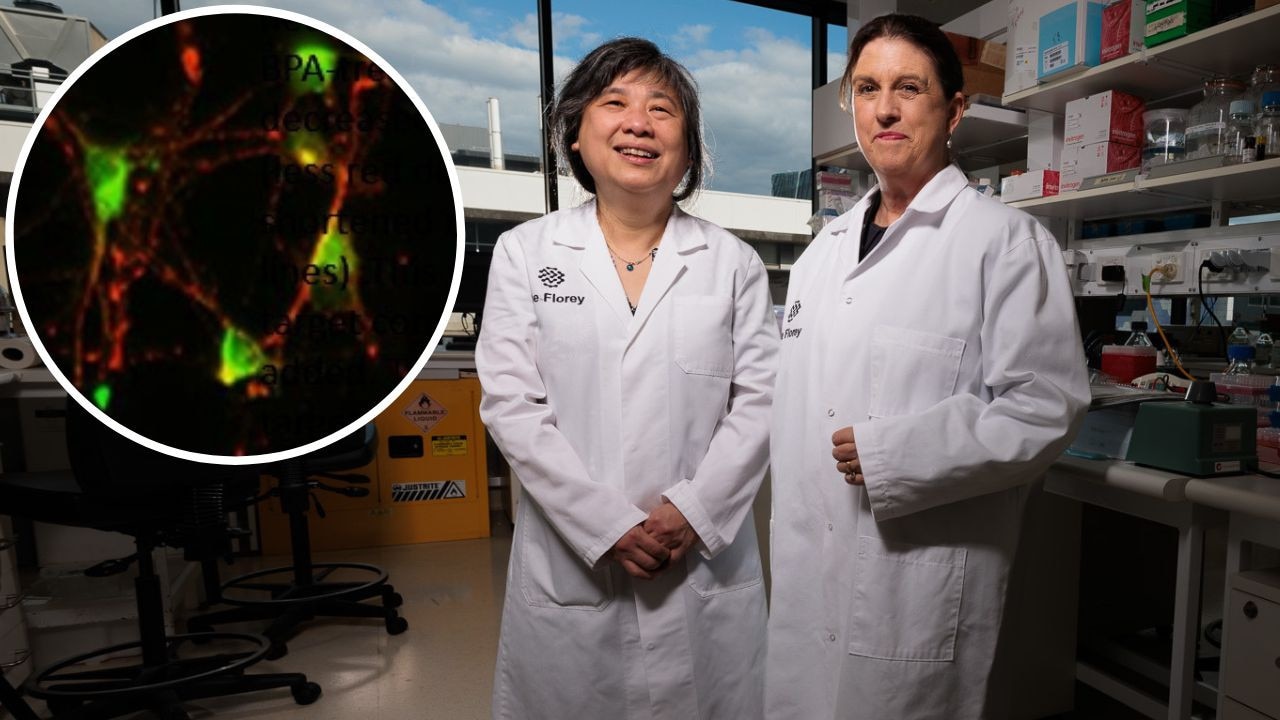My Health Record ‘in need of overhaul’
The federal government’s $2 billion My Health Record platform is in need of a fundamental overhaul, experts say.

The federal government’s $2 billion My Health Record platform is in need of a fundamental overhaul, with experts warning the system remains a privacy landmine.
With the deadline to opt out of the MHR having passed on January 31, Elizabeth Sigston, one of Australia’s leading head and neck surgeons, said the MHR was still riddled with complexity.
“The system has made sharing of critical patient data more complicated and the proposed Data Sharing and Release Act, which overrides the existing privacy regulation, makes things even more dangerous,” she said.
The new data sharing law, proposed by the Coalition government last August, aims to help the government use public data more efficiently, raising concerns that it effectively overrides the existing Privacy Act
While the act will not by default compel all data to be shared without adequate scrutiny, it does propose that data can be shared for the “right purposes”.
According to Dr Sigston, people’s medical records should not be open to any kind of sharing, especially if there is a potential for them to be accessed by insurance companies and medical research firms.
The risk is particularly acute when it comes to genomic data, which the MHR is capable of storing. Sydney-based whole genome sequencing company Genome.One has developed the architecture to upload DNA data on to the MHR and Dr Sigston said the potential of this data being eventually stored and subsequently shared raised concerns.
“There’s no clarity on what this data can be used for and it could potentially be shared with everybody. There is just so much conflicting information out there about linking the MHR to other platforms,” she said.
According to John Sutton, managing partner of Armstrong Legal, there is no need for the data on MHR to be shared with third parties such as law enforcement agencies. “The MHR concept is fantastic but we have to consider what the motivations for the sharing are and it has to be twofold,” Mr Sutton said.
“One could be to explore law enforcement applications and the second might be to create one of the best commercially available databases in the world.”
Access to medical information, especially DNA data, is an important ingredient in the heath research field and electronic records like the MHR create an opportunity for a number of organisations, public and private, to seek it out.
Mr Sutton said there was no reason why the MHR legislation could not be amended, but changing the rules would not address the technical frailties of the system.
Rafic Habib, CEO of medical practice management platform Clinic to Cloud, said the technology underpinning the system was outdated. “It’s built on clinical document architecture that’s 10 years old, and by the time it’s up and running properly it will be 20 years old,” he said, adding that despite its best intentions the MHR, in its current form, would suffer from a trust deficit.
“This deficit will be a big hurdle and most clinicians I have spoken to personally have opted out of the system.”
More than 1.1 million Australians chose to opt out of MHR before the end of October and Health Minister Greg Hunt said last month that a 10 per cent opt-out rate, while extraordinary, would still be within the government’s expected guidelines.
“We expected that about 90 per cent of Australians would be participating, which we’re still on track for,” Mr Hunt said before the final opt-out deadline.


